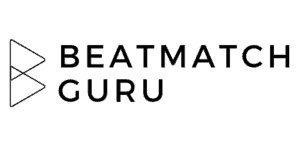Tried & Tested DJ Controllers
In order of testing, here are the models and a quick review of each of them.
Native Instruments Traktor Kontrol S3
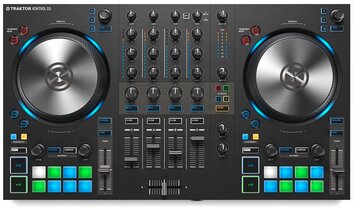
I found this a good comparison to test out vs the more basic S2 version. Two more channels than the S2 model, more buttons to play with and quite a significant amount of output options which is great for plugging into a booth monitor system easily
Roland DJ-202
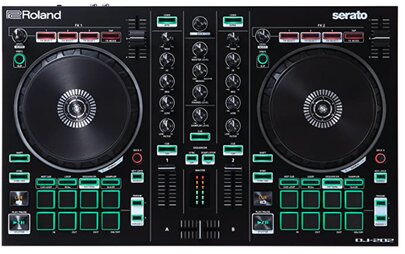
Next up I tried out the stylish looking Roland DJ-202. I love the look and feel of it, plus the colours are cool too. The Roland DJ-202 entry level model is actually pretty good for the money, what with the beat pad drum sampler available and the ability to DJ with 4 turntables (two on the DJ controller and two on Serato). The pitch shifts aren’t in the best position, short in range and a bit flimsy in comparison to other DJ controller. Cool edition of controlling FX on the microphone too.
Pioneer DDJ-400
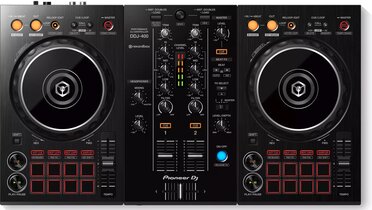
I found the DDJ-400 very familiar to a CDJ turntable in terms of how to use it and how similar the jog wheels look too. The functionality is intuitive to a point. The headphone volume is slightly limited in maximum volume, but it’s nothing to worry about. The LPF/HPF switch is brilliant and I use it a lot for quick or smooth transitions.
Why I picked and now DJ with the Pioneer DDJ-400
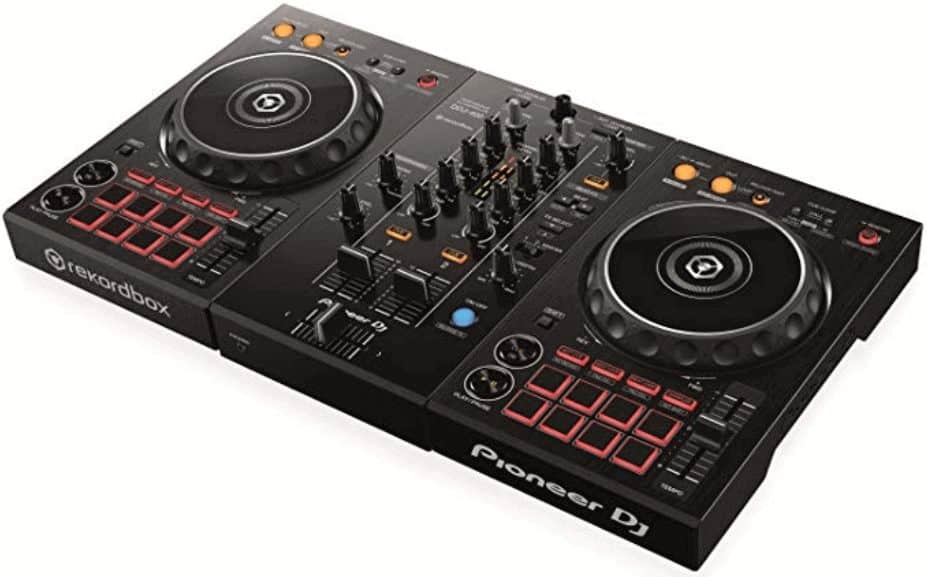
- CDJ Look and Feel: The DDJ-400 feels and sort of mimics the look and feel of CDJs that are featured in a club environment, and that familiarity really works well for me as a DJ.
- Pitch Shift: The pitch shift in comparison to the others that I tried really did feel good to use. The traction when using the pitch shift did have some resistance to it, plus the pitch shift length is a good range too.
- Music Library Connections: The multitude of connections with music suppliers is really appealing, but I think that’s more to do with Rekordbox being a quality DJ software.
- Advanced Features: The features and performance pads on the DDJ-400 are the same if not very similar to offering of the higher upgraded models. This made me feel like I was paying less for the same functionality, I just didn’t reap the benefits of getting a 4-channel mixer on the DJ controller.
- Value for Money: In the end what it come down to was that the previous point swayed me towards that final decision to purchase. In comparison to all the other DJ controllers, I didn’t feel like I was compromising anything too massive to hinder me DJing to a high standard or that I had too many (redundant) controls and buttons to use.
If you’re still not convinced the DDJ-400 is definitely a good buy, here’s a review for you. Video always does a lot more justice than written text. Enjoy!
My Advice Before Buying a DJ Controller
2 channels vs 4 channels
I must say that having 4 channels on a DJ controller feels a bit too much, especially if you’re just looking to DJ as a hobby or DJ locally.
If you’re going to push ahead and know that DJing is your life and a career then why not grab a 4-Channel DJ controller? This will allow you to connect to other turntables at gig events and extend or plug into your existing CDJ turntables.
Too Many Buttons and Features?
DJ-202 by Roland is a prime example of a DJ controller that may be marketed to a beginner DJ or at least a basic version in their range. I have to say it sure does offer a lot, especially with the beat pad functionality to make your own beats.
If you’re new to DJing then the extra features might not be a desirable feature and in some perspective can be overwhelming. It really does depend where you want to take DJing, and potentially into the realm of music production.
In which case getting something like the Roland DJ-202 or higher upgraded model would work out well for your money. It would certainly save you a tonne of money especially as separate beat machines cost in the region of £400-£650.
Protective Cover
One thing that I’ve learnt about having a DJ controller is that leaving the controller out on the mixing desk collects dust. Plus there’s always a potential risk of buttons being damaged by drinks or fingers breaking those lovely EQ buttons of faders.
The best way forward to solve this problem is a protector which is made of plastic to cover (AKA “Deckasver”) the top of the DJ controller. Here’s one that I personally use to protect my DJ controller.
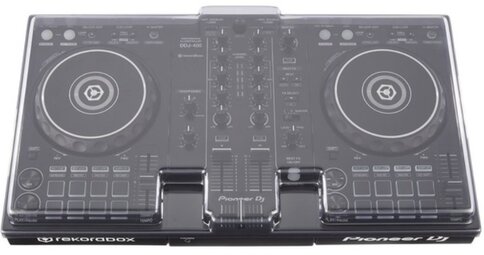
Carry Case
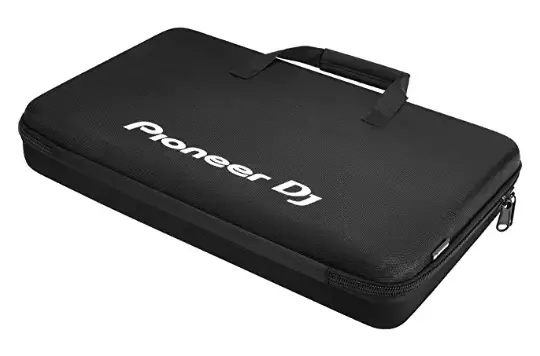
If you’re looking to take care of your DJ controller I’d highly advise getting a hard shell carry case. Two benefits include storage at home and also your DJ controller will stand the test of time in terms of staying clean and not being damaged upon route to a gig or party.
Look out for deals online, some suppliers are competing in the market and offer a free hard shell carry case as part of the offer.
This is the carry case I’ve got, it’s from Pioneer and is much higher in durability than I initially thought.
Laptop Stand or Base
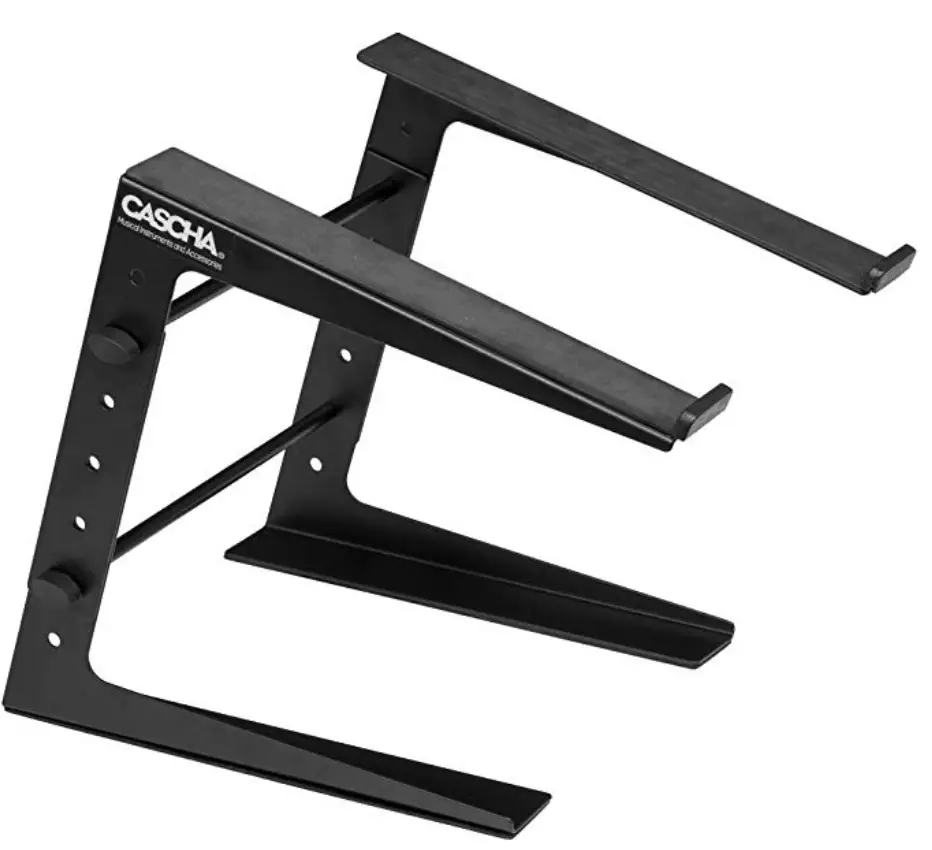
Do you want to suffer from neck or back ache? Answer is definitely NO, so consider the desk or setup that you’re going to DJ on. Make sure there’s enough space for starters. The level and height in which the laptop is in relation to you and how far you need to bend down to use the laptop is key.
Laptop stands and some dedicated bases are simply and cost effective. I bought a laptop stand not so long after I bought the DDJ-400 DJ controller and absolutely love it, didn’t set me back more than £20 with delivery. Well worth a purchase to save you back ache. I now also use it for writing too to help sit up straight, so a double benefit.
Here’s the laptop stand that I have, but there are plenty of more stylish laptop stands out there on the market, for example this one.
